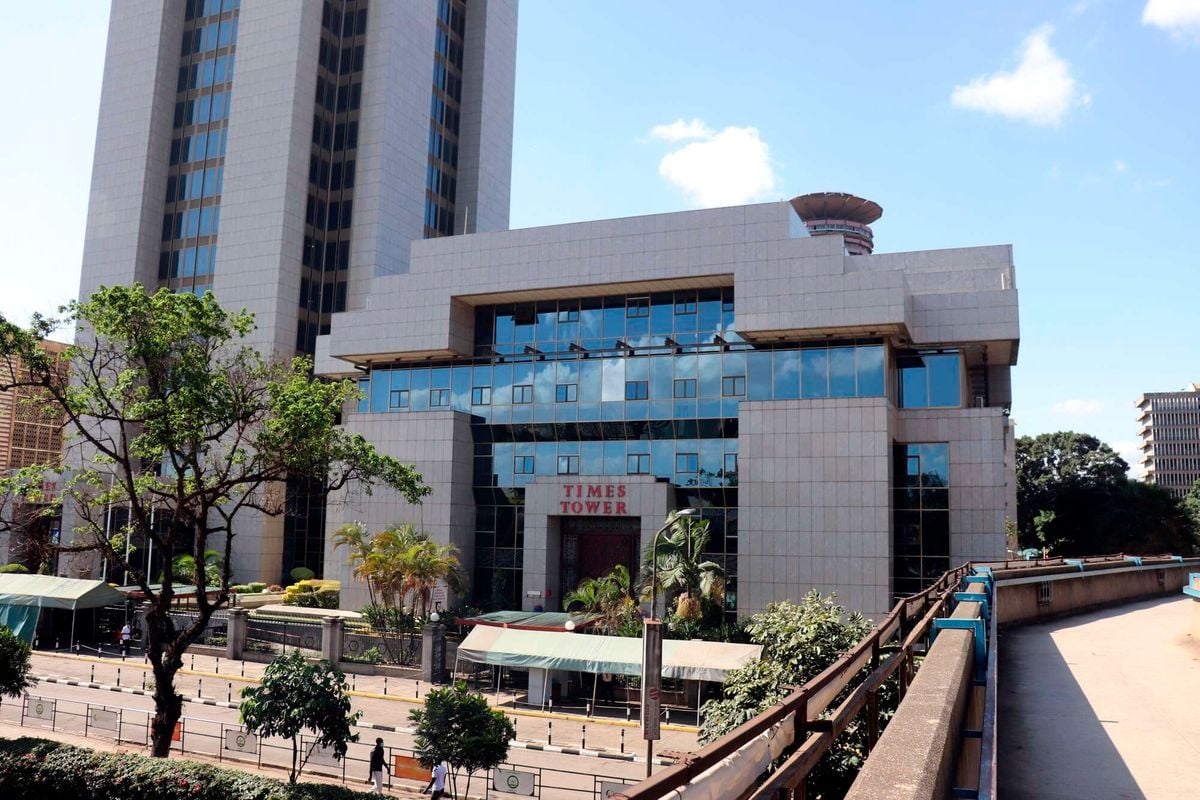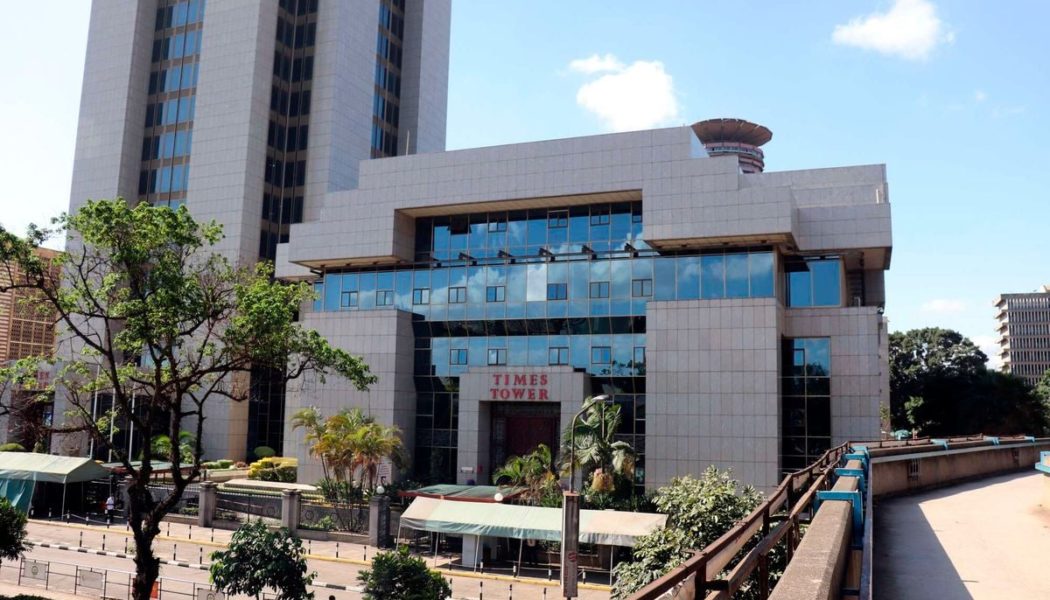
The Kenya Revenue Authority (KRA) is expressing discomfort with landlords whose rental income has remained unchanged for years, signalling a push for rent increases.
In notices sent out to landlords last month, the taxman took issue with property owners declaring constant figures as rental income and asked them to ensure their rents are in line with market changes.
“The commissioner has noted your rental income has been a constant figure or with slight decline for the periods filed,” said the KRA in one of the notices sent in April and seen by the Business Daily.
“We understand rent is an appreciating commodity with economic times and we expect your declarations for the current month will reflect that and if any previous returns declarations can be amended as need be, filing of Nil or decline in rental income is highly discouraged.”
While the move is aimed at smoking out landlords who have under-declared their rental income, it is also likely to hurt genuine property owners grappling with houses remaining vacant at a high rate and price-sensitive tenants that quickly move house when rents are hiked.
A rent increase looks set to hurt workers who have seen their pay trail inflation in recent years, leaving them with a weakened disposable income.
This sets the stage for fresh friction between the KRA and landlords, who argue the soft economy has made it difficult for property owners to increase rent without facing tenant exits.
Property owners were expected from January to pay monthly rental income tax at the rate of 7.5 percent of gross rent they collect from tenants.
This tax is applicable for persons earning an annual rental income of between Sh280,000 and Sh15 million or at least Sh23,300 monthly.
The tax is on gross rental income and property owners are not allowed to deduct expenses and losses or make capital deductions.
Previously, landlords were paying 10 percent tax on rent after deducting expenses like mortgages and renovations.
One of the landlords targeted by the notice has three flats in Mlolongo, Machakos County.
He reckons that he has been paying the monthly rental income (MRI) tax to the KRA for several years.
“The rental income goes up when I get a new tenant but not when they have been there for a long time. Getting a constant tenant is not easy so I do not raise their rent,” said the property owner on condition of anonymity for fear of reprisals from the KRA.
“In the estate where I have my flats, there is a glut of flats so rent is a constant figure. If you are the only landlord raising rent you will automatically transfer your tenants to other properties.”
A survey by Hass Consult, a real estate firm, shows that rents have increased by more than four times since 2001.
The pace of Kenya’s rental growth has eased in recent years, a sign of respite for tenants after soaring rises in recent years.
Tenants had been hit by skyrocketing rental costs in recent years after a prolonged period of high demand and constrained supply.
Some analysts have described the current residential housing market as a buyer’s market, which means that the tenants enjoy bargaining power over the landlords. This happens when the market is saturated and buyers have a wide choice.
An increase or decrease in rental income, either from residential or commercial properties, is driven by factors such as vacancies, type of tenancy and the quality of property, according to Johnson Denge, a real estate expert.
Mr Denge says it is very hard to increase rent in residential houses because most of them don’t have binding tenancy agreements.
“What happens is that rental income in a residential area increases when you have a vacancy. When somebody moves out, somebody else is coming in when you can increase rents.”
The government has struggled to hit its target for the collection of rental income and has been recruiting more property agents after a study revealed a shortfall of projections by Sh27 billion in 2022.
Additionally, the Finance Act 2023 introduced a provision for the appointment of rental income tax agents who will be required to collect and remit MRI tax to the KRA by the fifth working day after the deduction was made.
Unlike the commercial property market, which had been roiled by oversupply even before Covid-19, the residential market seems to be on a recovery path, with official data showing the value of home buildings approved by the Nairobi county government in the first 11 months of last year surpassed the pre-pandemic levels by Sh35.4 billion.









